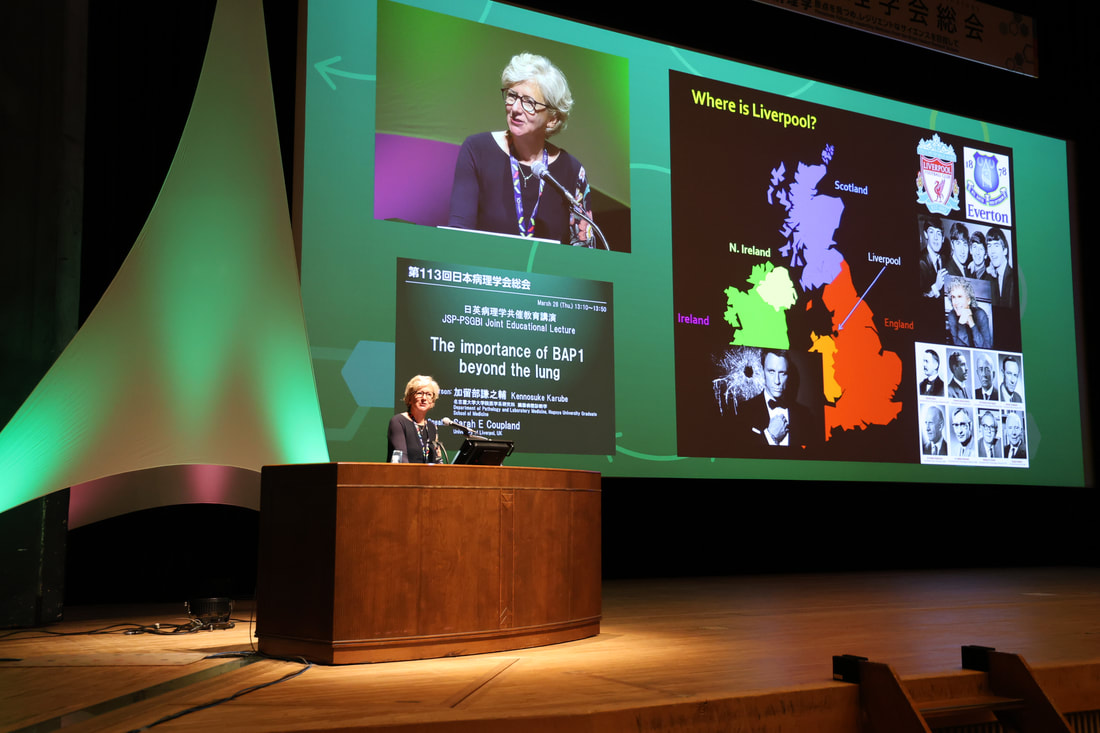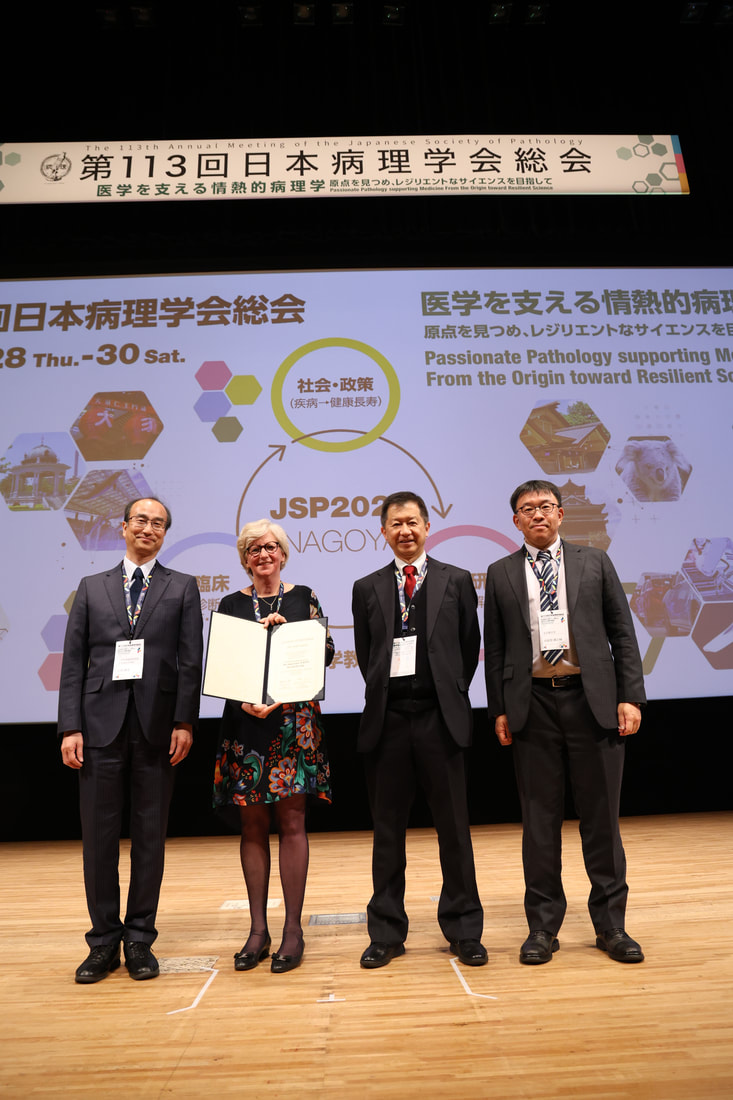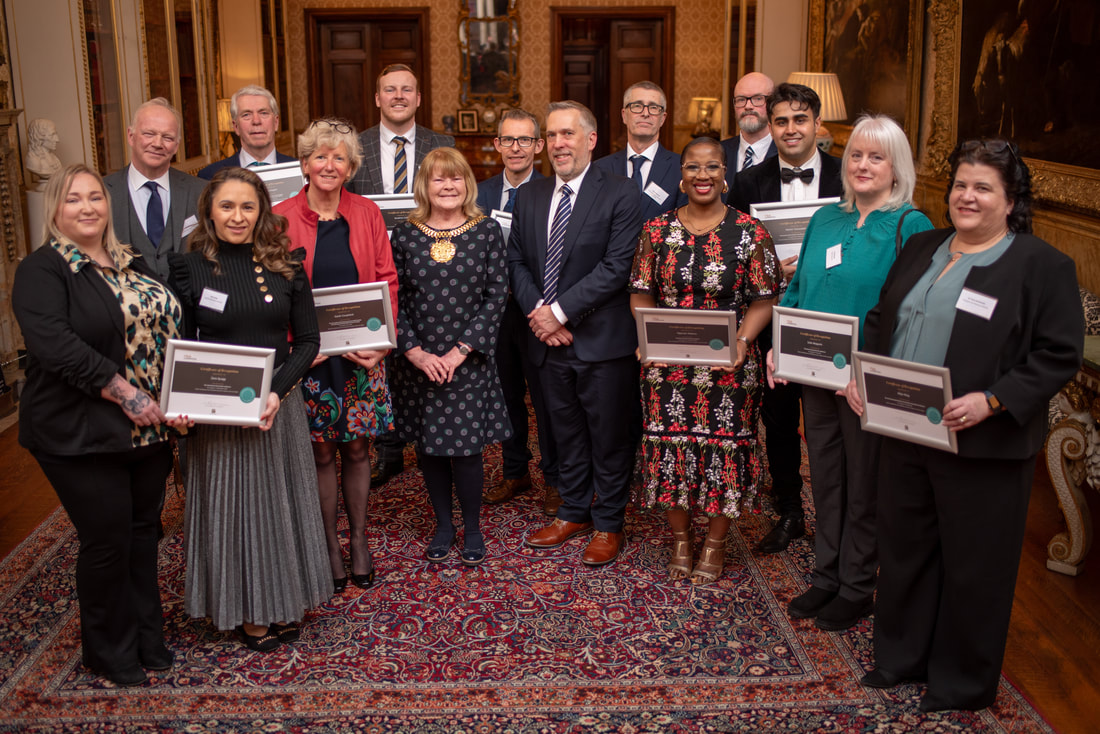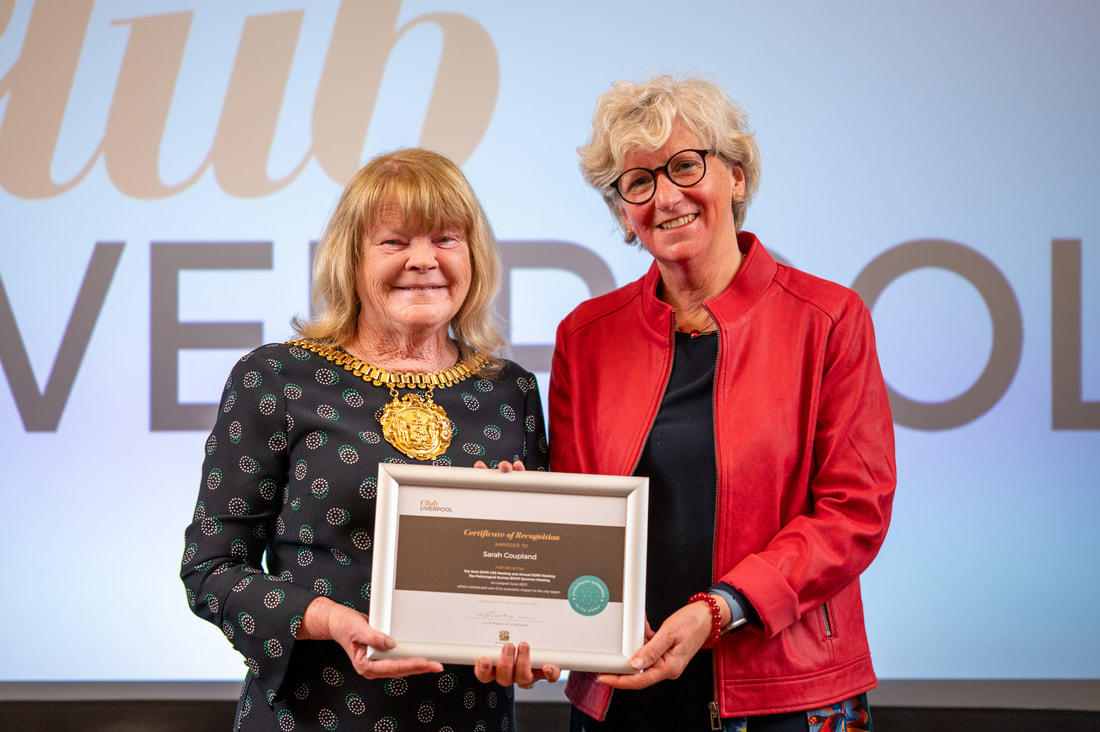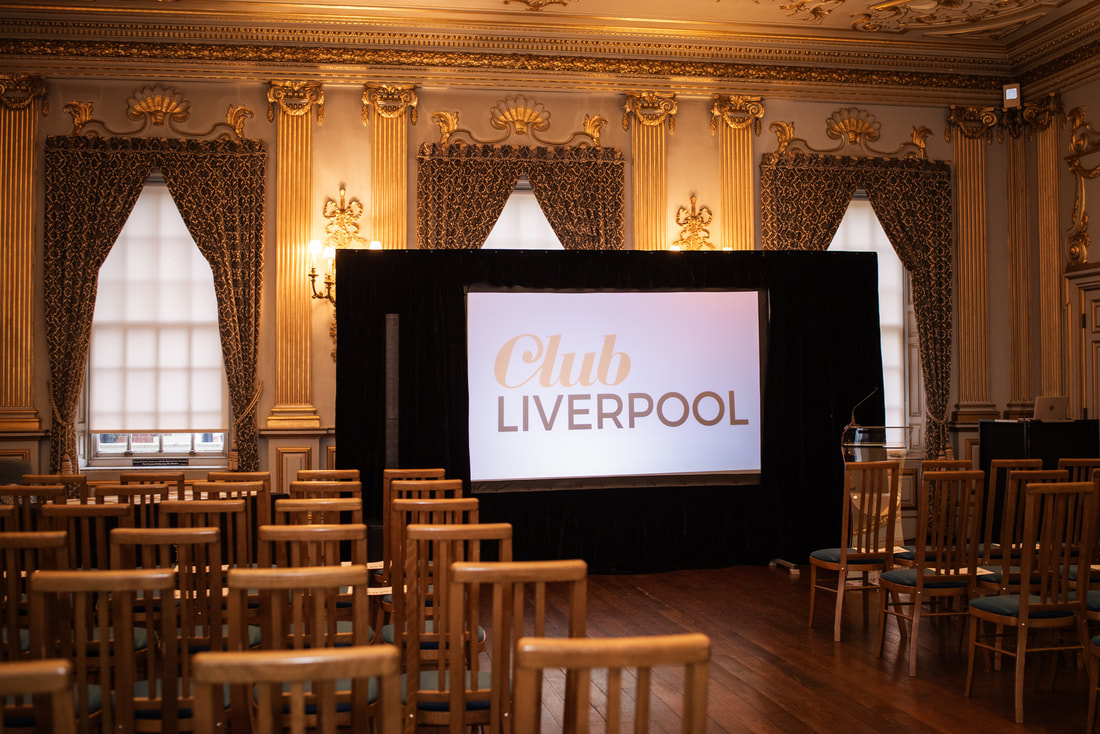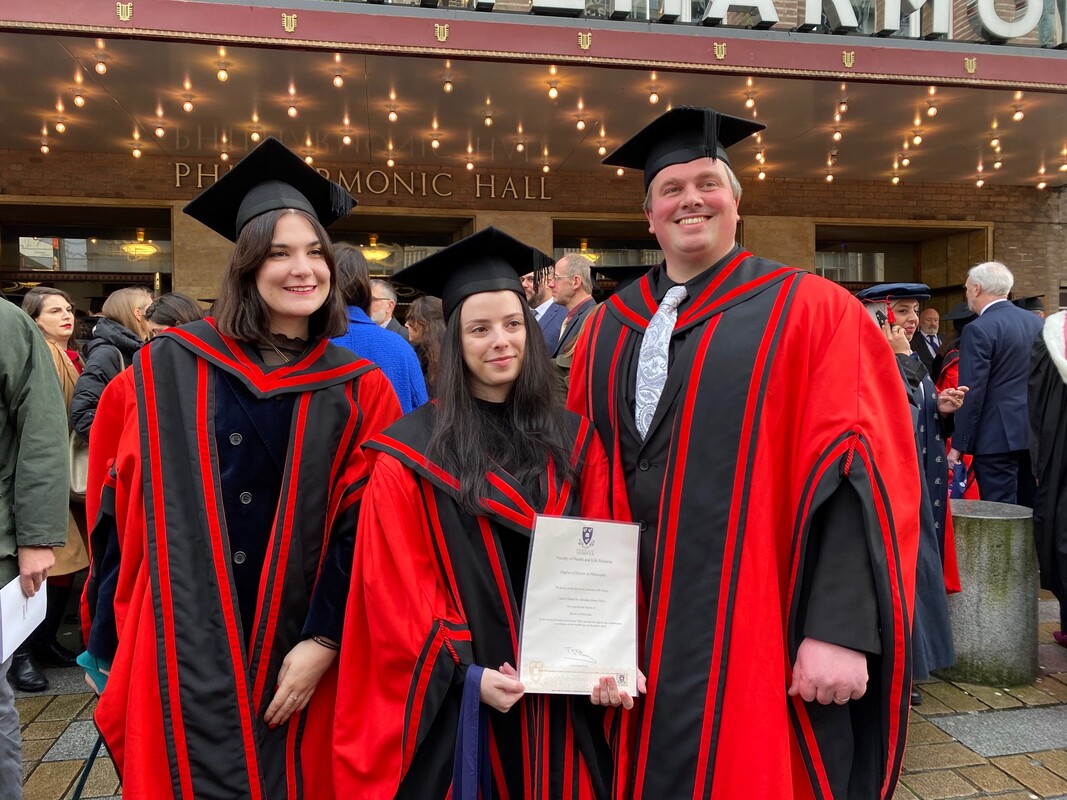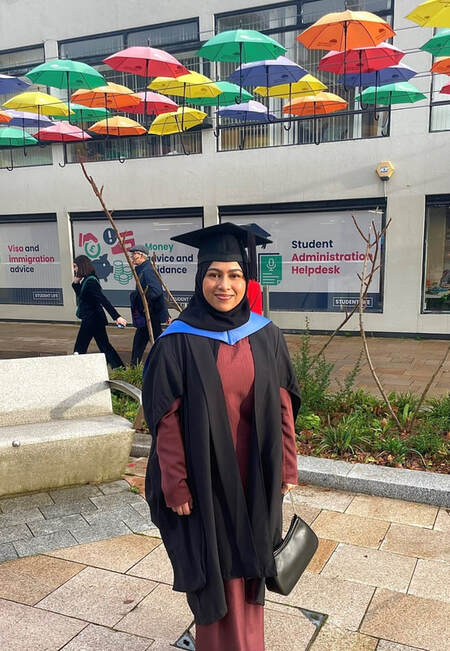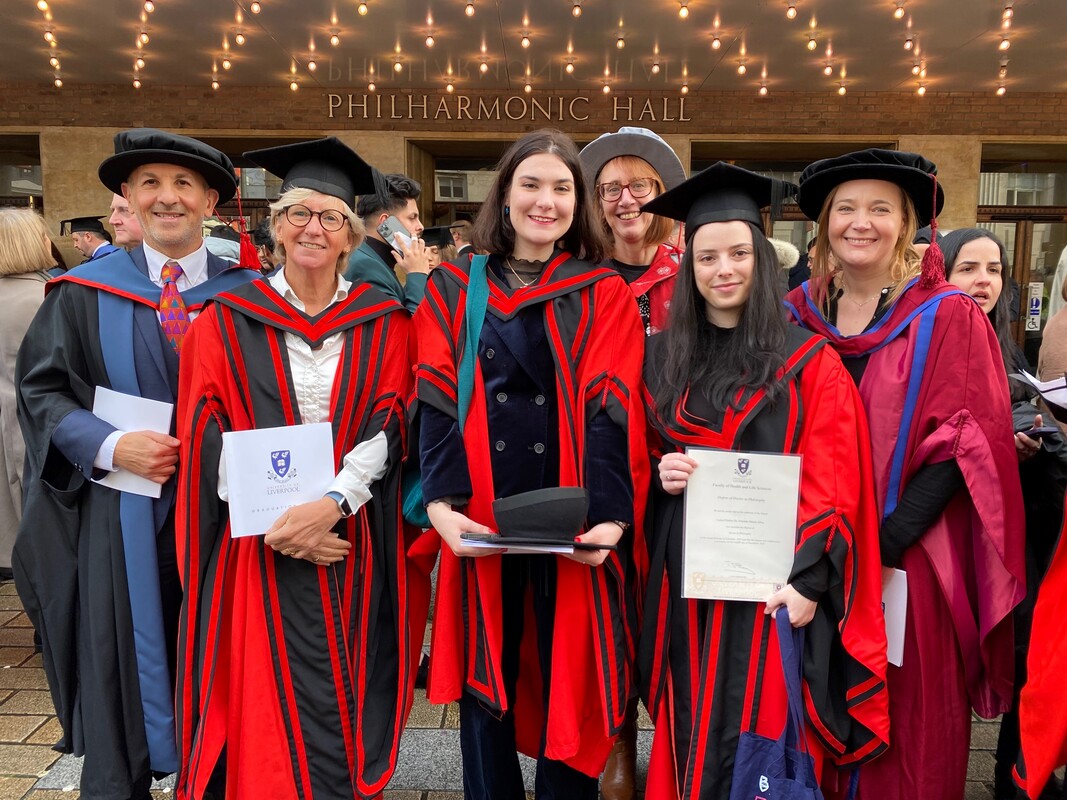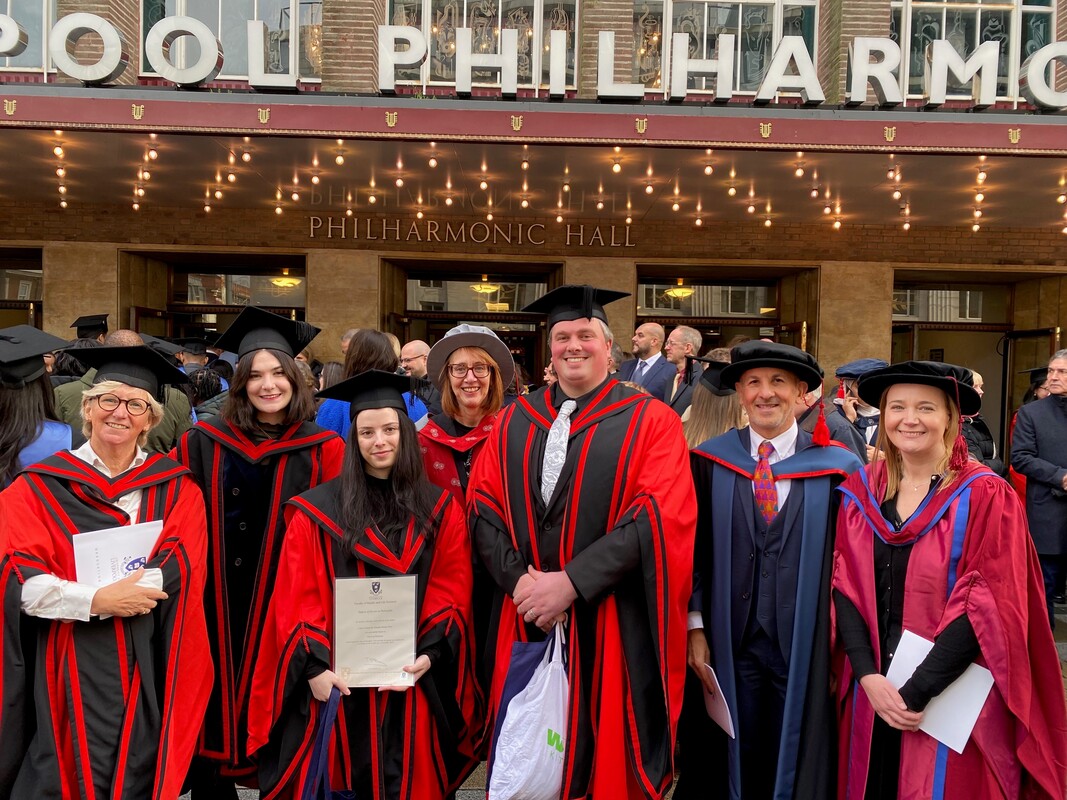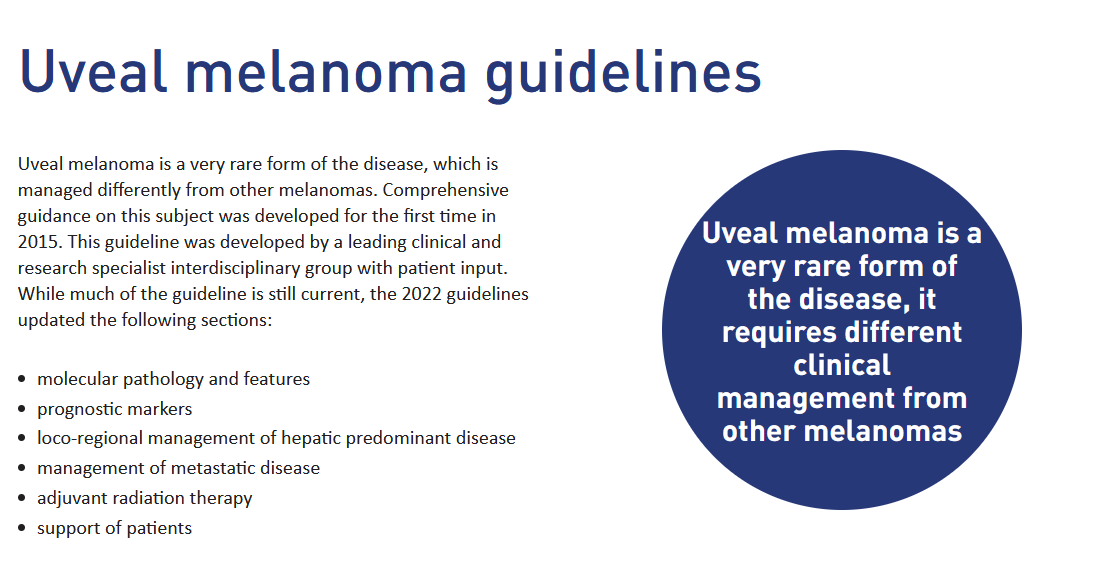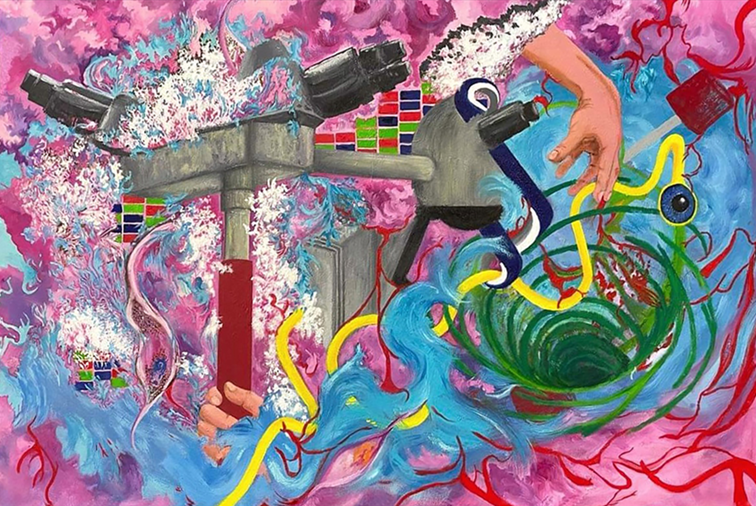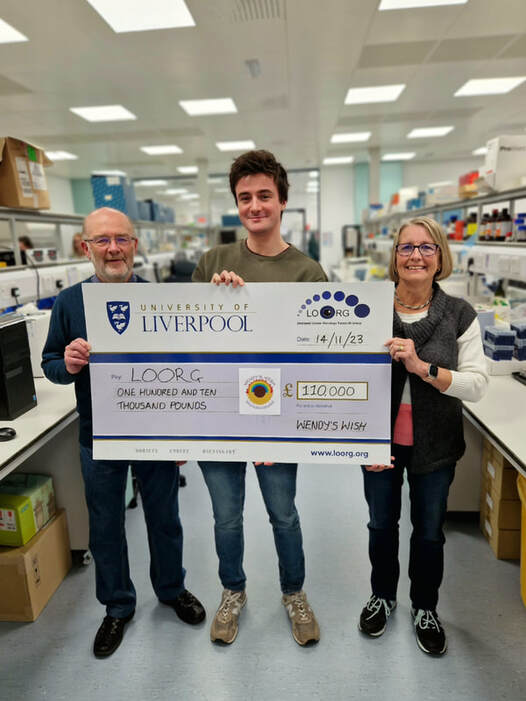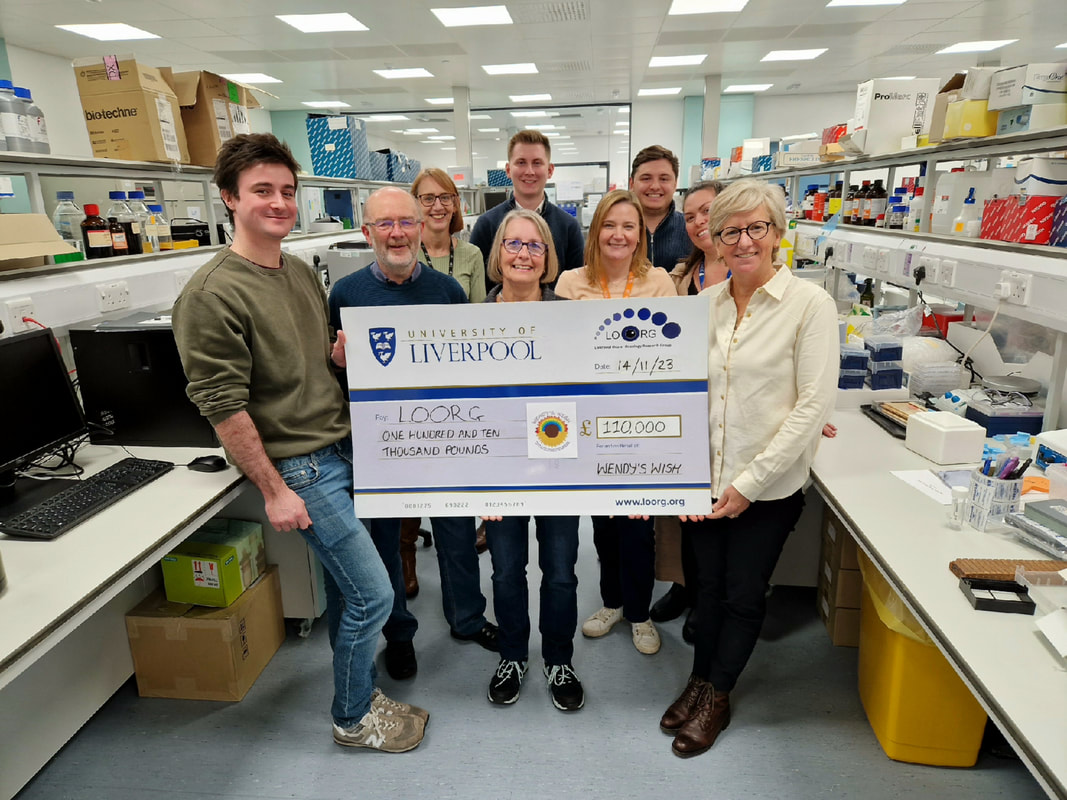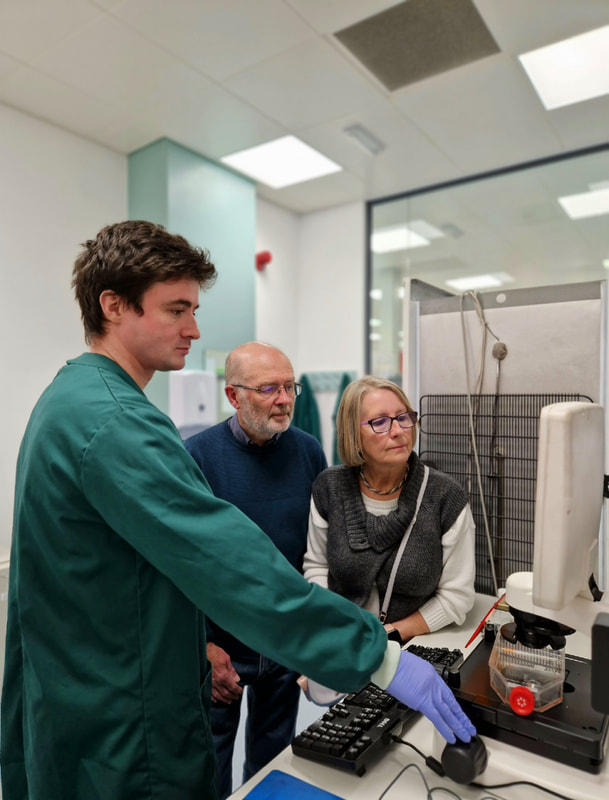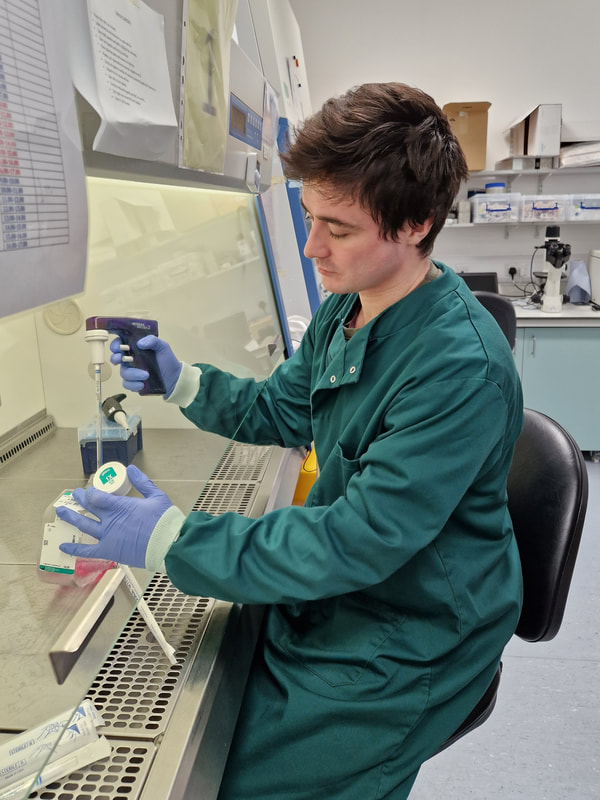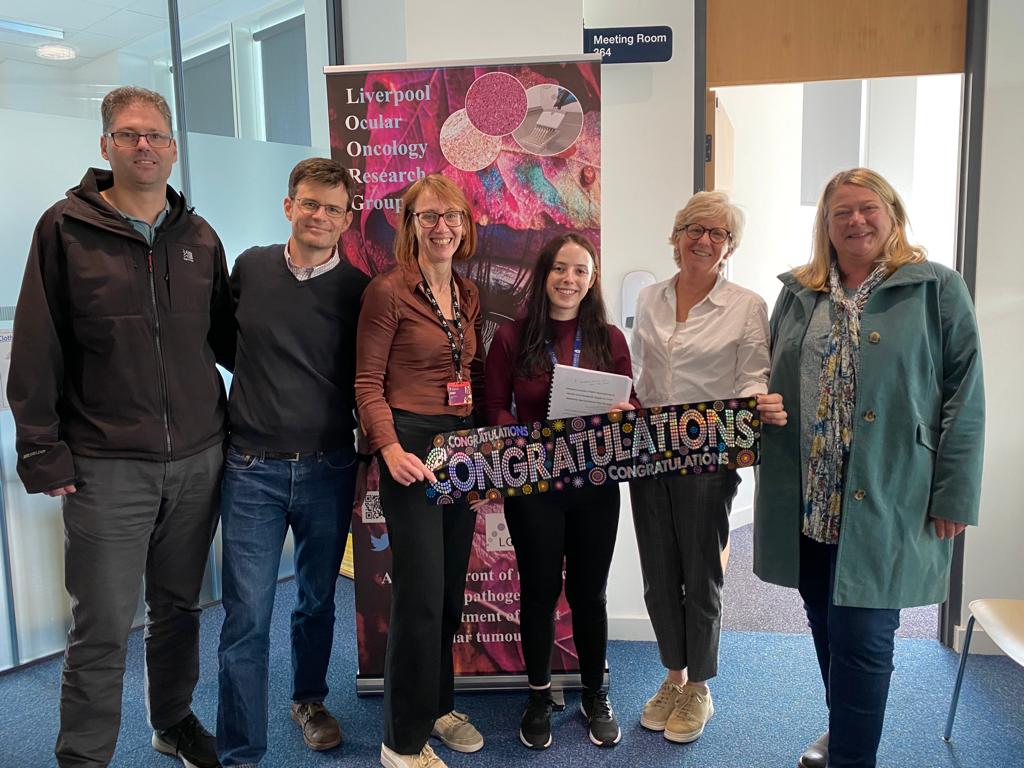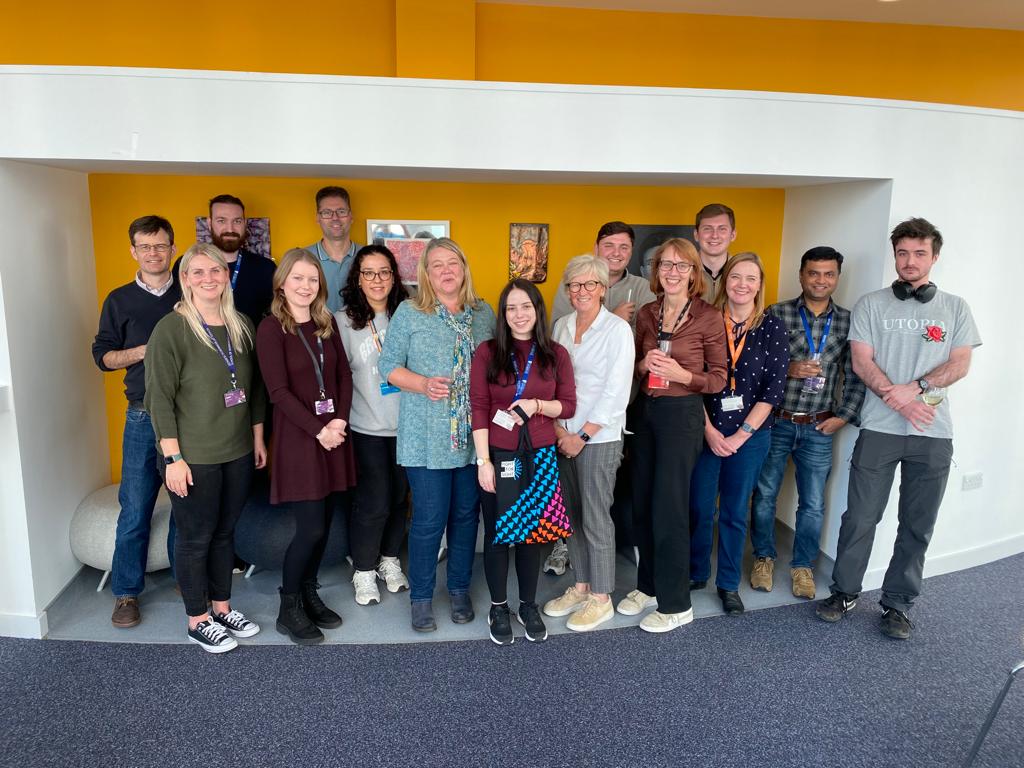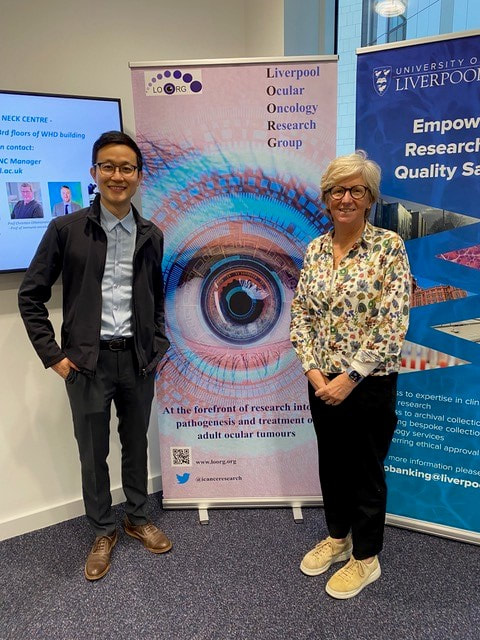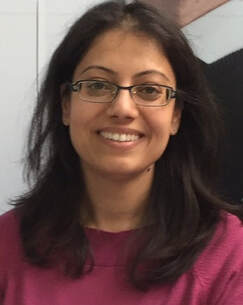 Dr Yamini Krishna's application was one of five chosen for this new fellowship initiative.The University of Liverpool and Liverpool University Hospitals NHS Foundation Trust (LUHFT) have joined forces to launch the Dr Ronald Finn Fellowships, an initiative designed to empower senior clinical staff, both medical and non-medical, to spearhead transformative clinical research. https://news.liverpool.ac.uk/2023/12/11/dr-ronald-finn-fellowships-to-boost-collaborative-clinical-research/ Liverpool's Pathology 'Hattrick' following new elections at Royal College of Pathologists.22/12/2023
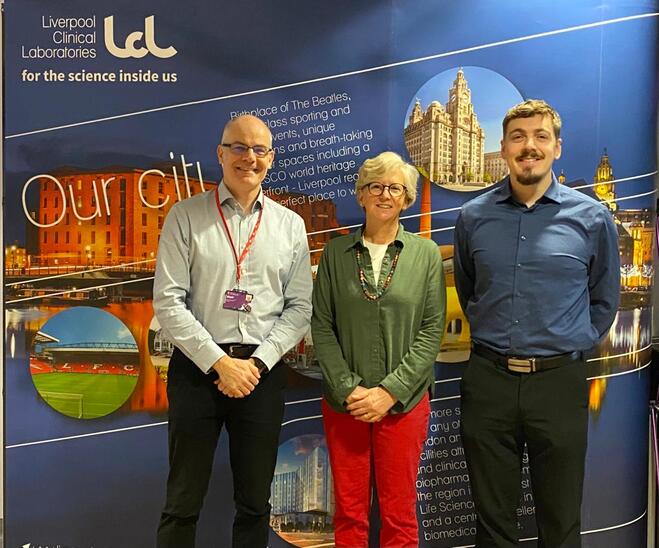 Three cellular pathologists at Liverpool Clinical Labs, including our own Prof.Coupland have been elected to the following positions: 1. Chair of Royal College of Pathology’s Research Committee – Prof. Keith Hunter 2. College Registrar - Prof. Sarah Coupland 3. Council Member of England North – Dr Alexander Haragan. Congratulations to Sarah, Alex and Keith who, together, will ensure that there is sufficient input into the College workings from England’s North West, representing its College members and trainees in the 17 different laboratory diagnostic specialities of the College. |

